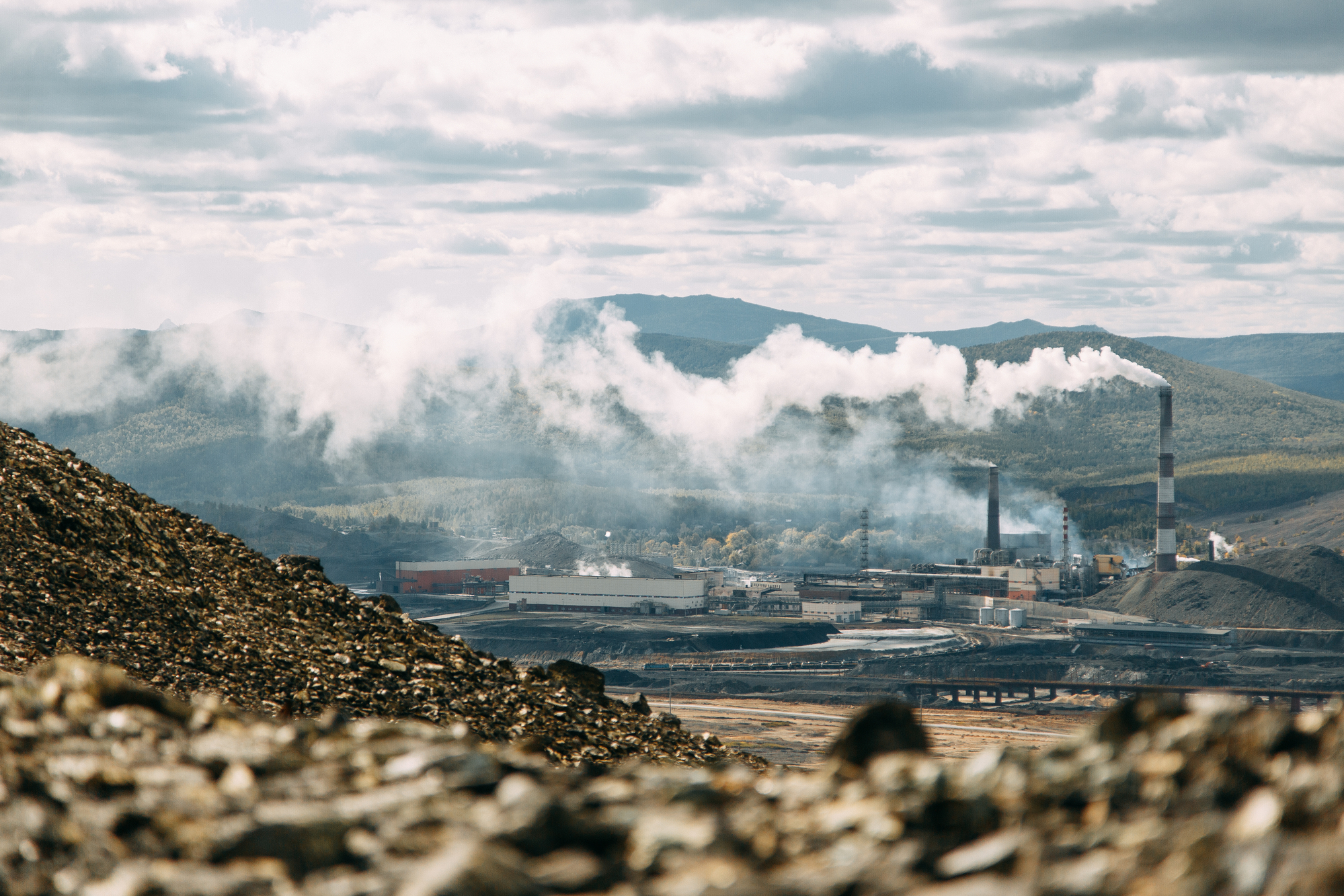In May 2021, SUN lab team’s scientific merit fund was replenished with an article “Gypsum soil amendment in metal-polluted soils — an added environmental hazard” which was published in the Chemosphere journal (SJR Q1). The authors team was represented by the Head of Agrarian Technological Institute (RUDN University) E.A. Dovletyarova, associate researchers Brykova R.A. and Losev A.I., postgraduate student Dubrovina T.A. in collaboration with Neaman A.A., professor of Institute of Agrarian Engineering at Southern University of Chili.
Our scientists conducted the study on the effect of gypsum plastering of technogenically contaminated soil on its phytotoxicity. The work was carried out using soils that since the 1940s had been exposed to long-term aerial impact by technogenic pollution of the Sredneuralsk copper smelter near the city of Revda, 50 km from Yekaterinburg, Russia. Perennial ryegrass (Lolium perenne L.) was chosen as a test plant. Researchers found out that gypsum of technogenically contaminated soil did not reduce the phytotoxicity of metals in the experiment, and the growth of plants on contaminated soils with the addition of gypsum was significantly limited in comparison with the control. In the course of the study, the team discovered that adding gypsum to the soil increased the uptake of metals by plants, and the concentrations significantly exceeded control levels. Thus, they found that gypsum is not only ineffective in reducing the phytotoxicity of metal in technogenically contaminated soils, moreover, it is an unacceptable practice of soil reclamation, since it increases the environmental load. Thereby, the results of experiments confirmed that ameliorants for soil restoration in areas with long-term industrial pollution should be selected in accordance with studies carried out on technogenically contaminated soils, and not rely on artificially contaminated soils.
This research was supported by a grant from the Russian Science Foundation as well as by funding from the RUDN University Strategic Academic Leadership Program and international funds – projects FONDECYT and ANID PIA / BASAL.
The research and its results published in the Chemosphere are part of our constant and exciting work based on collaboration with our foreign academic colleagues. Each international project or research gives our team a priceless scientific experience and broadens our academic perspective.

